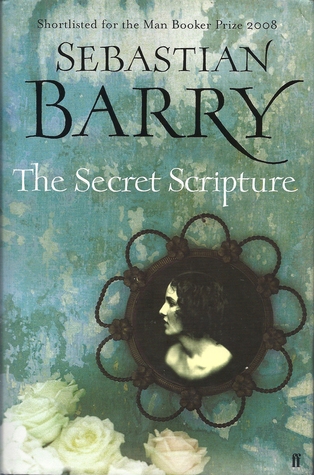
Set against an Ireland besieged by conflict, The Secret Scripture is the tale of one woman's life, and a vivid reminder of the stranglehold that the Catholic church had on individuals throughout much of the twentieth century.








































If you buy books linked on our site, Lit Hub may earn a commission from Bookshop.org, whose fees support independent bookstores.

